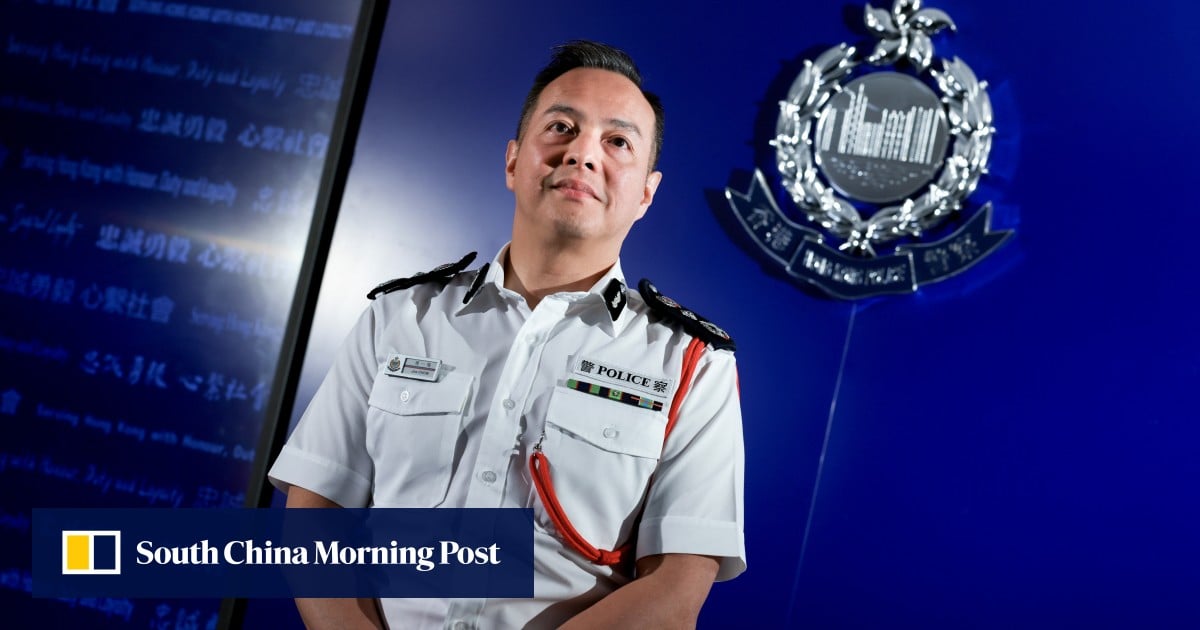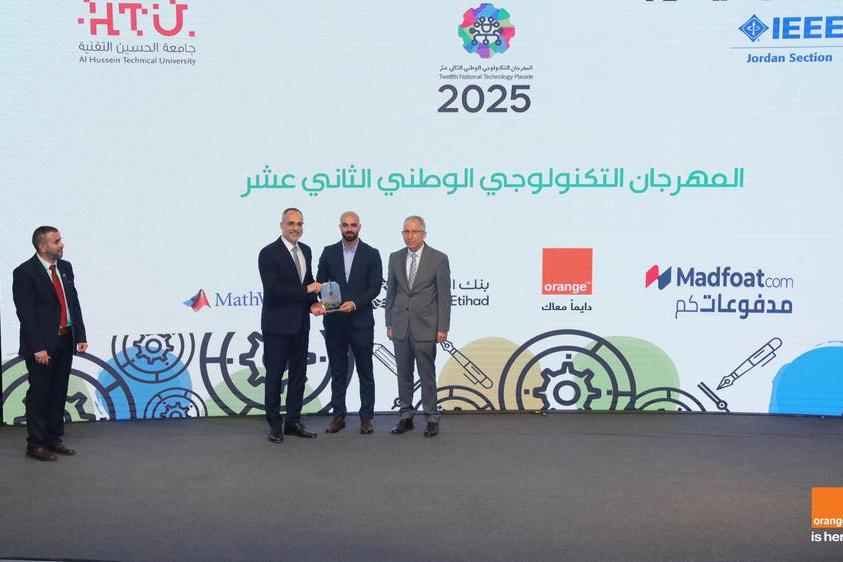Tech Boost for Crime Fighting: Malaysia's Joe Chow Emphasises Automation's Limits, Human Officers Still Vital

Malaysia's Security Leader Calls for Tech Investment, But Stresses Human Element in Policing
In a rapidly evolving digital landscape, Malaysia's security forces face increasingly complex challenges. Joe Chow, a prominent figure in the nation's law enforcement, has recently highlighted the critical need for advanced technology to combat modern crime. However, he also firmly asserted that automation, while valuable, cannot entirely replace the crucial role of human police officers.
Chow's statement comes amidst growing discussions about the potential of technologies like artificial intelligence (AI), facial recognition, and predictive policing to enhance crime prevention and investigation. He acknowledged the significant benefits these tools can offer, including improved data analysis, faster response times, and increased efficiency in resource allocation. For example, AI-powered systems can sift through vast amounts of data to identify patterns and predict potential crime hotspots, enabling proactive deployment of officers.
“Technology is undoubtedly a game-changer in today’s fight against crime,” Chow stated. “We need to embrace these advancements and invest in equipping our officers with the latest tools. However, we must also recognise the inherent limitations of automation.”
Why Human Officers Remain Essential
The core of Chow's argument lies in the irreplaceable human element of policing. While technology can assist with data analysis and pattern recognition, it lacks the critical thinking, empathy, and nuanced judgment that human officers possess. Crime investigation often involves complex social interactions, understanding motivations, and building trust with communities—qualities that machines simply cannot replicate.
Consider the importance of community policing, where officers build relationships with residents and gain valuable insights into local concerns. This human connection fosters trust and encourages people to report suspicious activity, providing crucial information that technology alone cannot obtain. Similarly, de-escalation techniques and conflict resolution skills, honed through years of training and experience, are essential for managing volatile situations and preventing violence – areas where AI falls short.
Furthermore, Chow pointed out the ethical considerations surrounding the widespread adoption of automated policing systems. Bias in algorithms, privacy concerns, and the potential for misidentification are just some of the challenges that need careful consideration. Human oversight and accountability are crucial to ensure fairness and prevent unintended consequences.
A Balanced Approach: Technology as a Tool, Not a Replacement
Chow’s vision is not one of rejecting technology, but rather of integrating it strategically as a tool to augment, not replace, human capabilities. He advocates for a balanced approach, where technology is used to free up officers from routine tasks, allowing them to focus on more complex investigations and community engagement. This could include automating administrative work, analyzing crime data, and providing real-time information during patrols.
By embracing a human-centered approach to policing and leveraging technology responsibly, Malaysia can enhance its crime-fighting capabilities while upholding the values of fairness, justice, and community trust. The future of law enforcement lies not in replacing officers with machines, but in empowering them with the tools and training they need to effectively serve and protect the public.
The call for a balanced approach resonates with many in the security sector, highlighting the ongoing debate about the role of technology in shaping the future of policing in Malaysia and beyond.





